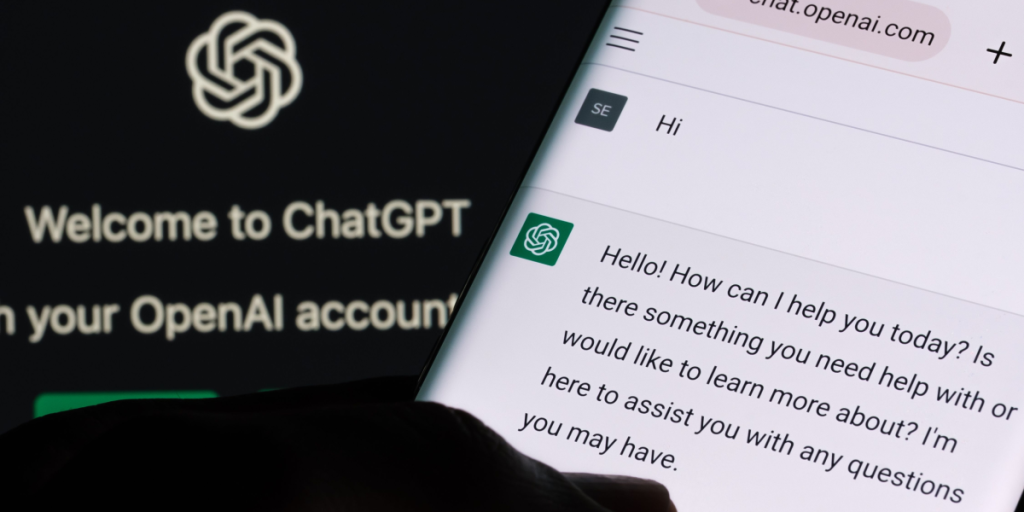EU’s flagship digital laws are struggling to keep up.
Others are reading now
The European Union is struggling to figure out how to regulate ChatGPT under its new Digital Services Act (DSA), even as the AI tool becomes more popular across Europe.
This was reported by Politico.
OpenAI, the maker of ChatGPT, recently revealed that over 120 million people use the chatbot’s search function each month — more than double the number that qualifies a platform for strict regulation under the DSA.
However, EU officials say they likely won’t make a decision until mid-2026 on how ChatGPT fits into the law. The DSA was written before ChatGPT became widely used, and it’s unclear whether it qualifies as a search engine, a platform, or something else.
In the meantime, concerns about AI safety continue to grow. OpenAI recently said that around 1.2 million users per week have conversations with ChatGPT that suggest suicidal thoughts, and that the chatbot doesn’t always respond correctly.
Also read
Experts say the delay shows how the EU’s rules haven’t kept up with fast-moving AI technology.
“There’s a big gap between the laws and how AI tools actually work,” said Joris Van Hoboken, an expert in AI regulation.
ChatGPT will also fall under the AI Act, a separate EU law that takes effect in 2024. But since the AI Act and the DSA use different rules and risk systems, there’s a lot of confusion about who’s responsible for what.
For now, OpenAI could face fines under both laws — up to 6% of global revenue under the DSA and €15 million under the AI Act — if it doesn’t follow the rules once they’re fully enforced.


